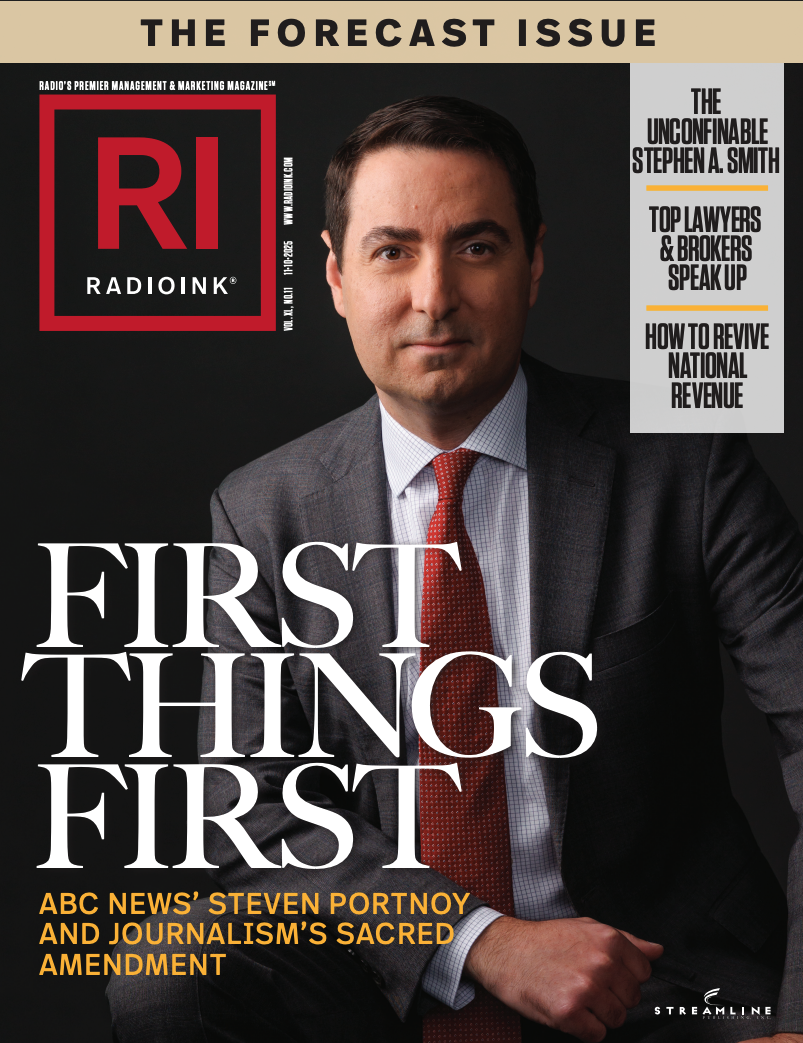
After years-long deadlock, the Federal Communications Commission finally has its fifth Commissioner. Anna Gomez has been confirmed for a five-year term by the US Senate, as the Biden Administration’s sometimes rocky quest to fill the seat reaches its denouement.
President Biden nominated Gomez after strong recommendations from the Congressional Hispanic Caucus and other Hispanic organizations to fill the vacant seat with a Latino candidate. This confirmation marks the first time that a Latina has been appointed as an FCC Commissioner in two decades.
Gomez is not new to the FCC; she has served in various capacities, including as a senior legal adviser. She currently holds the role of senior adviser for international information and communications policy at the State Department. Her nomination followed the withdrawal of Gigi Sohn due to partisan deadlock.
Numerous broadcasting organizations, such as the Multicultural Media, Telecom and Internet Council, the National Association of Black Owned Broadcasters, and the US Black Chambers, endorsed her nomination.
With the confirmation of Anna Gomez, the FCC will operate at full strength for the first time under the Biden administration. A full FCC is poised to tackle several pending regulatory matters that impact broadcasters, including the 2018 Quadrennial Review.
The NAB has been advocating for a resolution to this review, as it could result in the first significant changes to local radio ownership rules since the Telecommunications Act of 1996. Additional topics to be addressed include the transition to the ATSC 3.0 standard, Equal Employment Opportunity issues, political broadcasting rules, and enhanced public file obligations.










I want the FCC to also take a look at revamping the profanity rules for broadcast media. These are completely antiquated, and right now the exact same regulations and fines cover all stations, ranging from low-power FMs to college and community radio to locally owned media groups to vast multistation networks in cities and towns of varying populations. This one-size-fits-all approach is vastly unfair to stations with smaller budgets and the current rules do not serve the public interest. Anything written before the advent of cable, satellite and internet media needs to be re-examined and adjusted as appropriate for the current situation. Otherwise, these rules greatly hamper the ability of broadcast radio and TV to compete with other media.
Comments are closed.